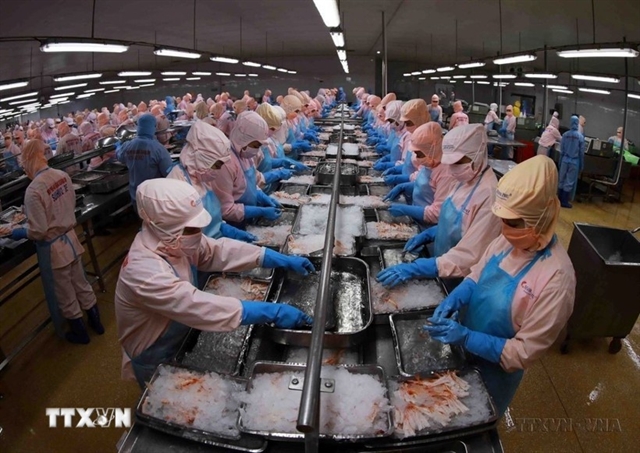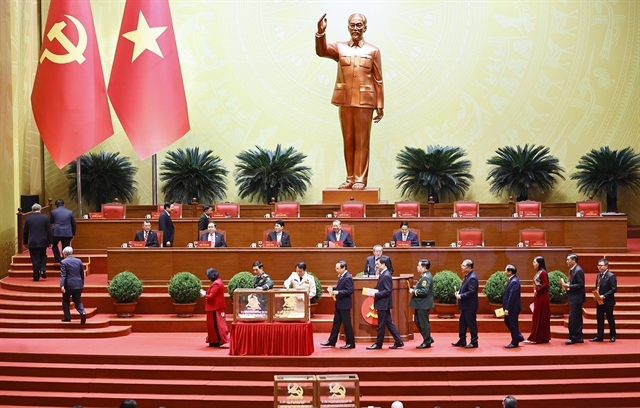
Those changes have shown that the modern commercial infrastructure has been developed while the traditional market system has been upgraded, especially in rural markets.

Passenger volume through Vietnamese airports reached more than 81 million passengers in the ten months of 2022, with 100 million forecast for the whole year. In 2019, the number was 120 million.

Many stocks unexpectedly received a large amount of capital inflows from foreign investors, especially some banking stocks, even though the market went down in October.

The liquidity of the whole banking system has remained good, Governor of the State Bank of Vietnam (SBV) Nguyễn Thị Hồng said

The market was still under strong selling pressure, with the VN-Index losing nearly 22 points. But foreign investors sized the opportunity for bottom-fishing.

The HCM City Department of Industry and Trade has asked businesses to prepare a wide range of essential goods commonly consumed during the upcoming Tết (Lunar New Year) holiday to ensure sufficient supply and stable prices.

With a term of five years, the IFC-led loan aims to support VIB to boost its loan portfolio for individual customers who are looking to buy, build, and repair houses. Meanwhile, at least 30 per cent of the disbursement value will be financed for home loans worth less than $35,000.

Packaging is key to the effort to bring OCOP products to markets and consumers, especially in a time of increasing international integration.

Sea transport firms are going through a tough time as weak demand has begun to hamper maritime trade and freight rates are expected to fall towards Q1/2023.

Việt Nam is set to increase the base wage from July 2023.

The event, to be organised by Vietnam Investment Review with the sponsorship of the Ministry of Planning and Investment, will be themed "Igniting new opportunities".
Việt Nam is a country with a lot of opportunities for franchising, with many businesses having the capability to become a franchisee, even a master franchisee, a conference has heard.

Fourteen fruit trees, dragon fruit, mango, banana, litchi, longan, orange, grapefruit, pineapple, rambutan, durian, jackfruit, passion fruit, avocado and custard apple, were selected as the focus.

The MoIT has coordinated with focal point agencies to fulfil the transparency obligations required by the Agreement on the Application of Sanitary and Phytosanitary Measures (SPS Agreement) of the WTO in Việt Nam.

Market analysts forecast that selling pressure will still increase during the decline of the market this week. Investor sentiment will remain easily exposed under the movements of interest rates, exchange rates and bond market.

The Ministry of Industry and Trade (MoIT) has ordered market surveillance forces to inspect petrol stations that have suspended operations and strictly deal with violations.

MoMo has rolled out a promotion for businesses and users who receive money by QR code with prizes of up to VNĐ10 billion (US$402,290) from now until December 7.

The two-day event is open only for VIP guests of the two brands, including businesspeople and potential clients, at Vân Đồn international airport.

HKCSS Releases Inaugural Data on Caring Business Practices in Hong Kong

Strong wealth management and IPO pipelines to underpin Hong Kong bank growth in 2026, says KPMG

Johnson Electric reports Business and Unaudited Financial Information for the Third Quarter of Financial Year 25/26

The Jollibee Group Announces Continued Momentum in Coffee and Tea and Chinese Cuisine Segments

Connecting China and Europe: DHL’s TRUCKAIR offers speed and cost efficiency

TAT activates Thailand Co-creator journeys to amplify Trusted Thailand in short-haul markets

Chubb Life Hong Kong hosts Australian Open 2026 Viewing Party at Taikoo Place

Jollibee Group Opens First Multi-Brand State-of-the-Art Commissary in Cebu, Gearing for Accelerated VisMin and PH Growth

TUMI Celebrates Grand Opening of First China Flagship Store at Shanghai Centre

Paul Chan attends the World Economic Forum Annual Meeting in Switzerland; spotlights Hong Kong’s advantages as an international hub for trade and finance
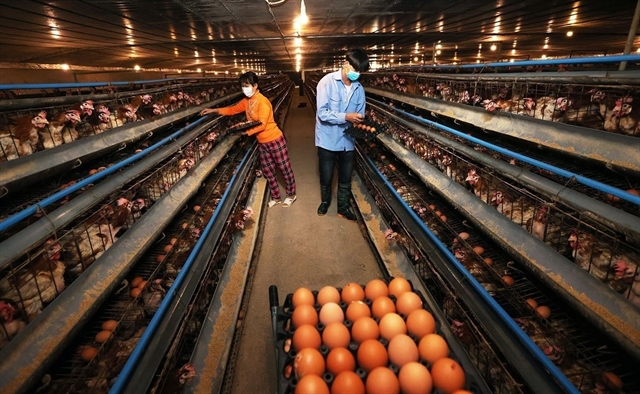


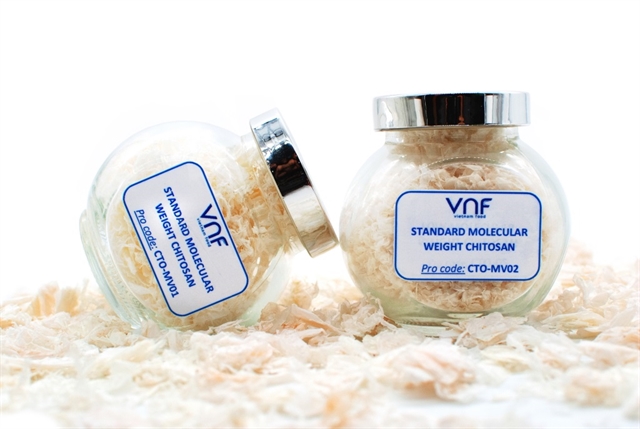
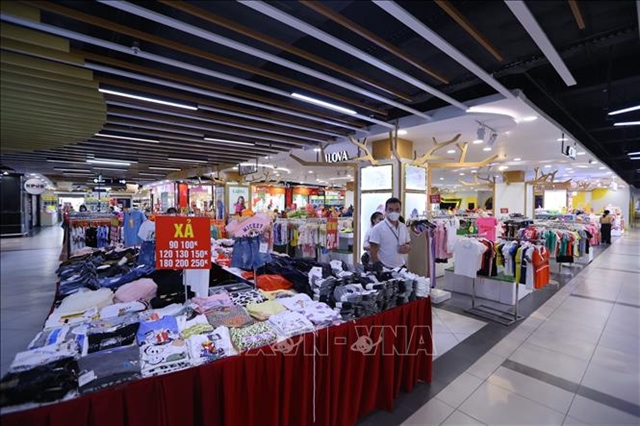

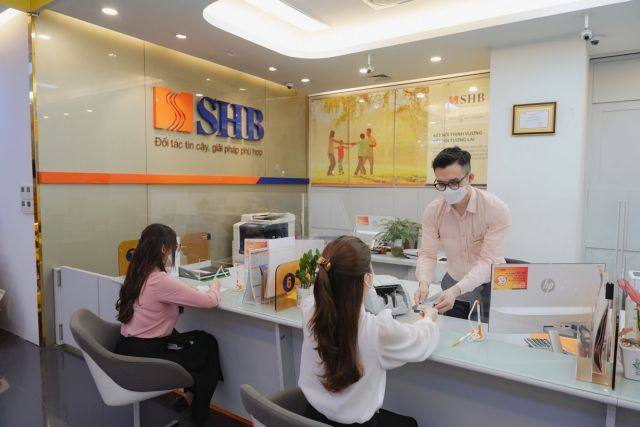

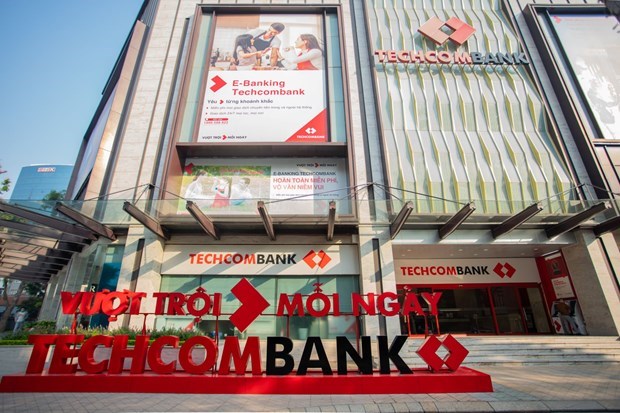
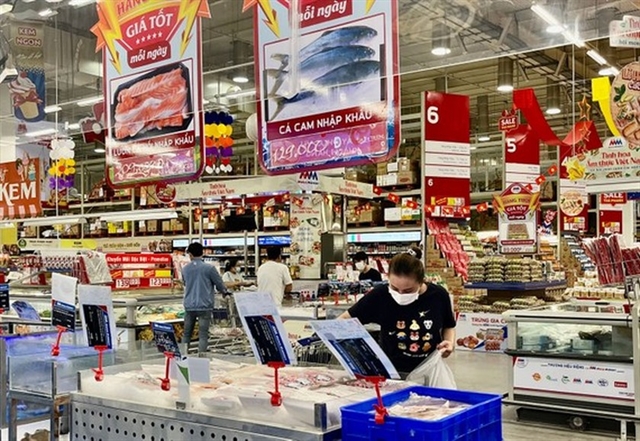
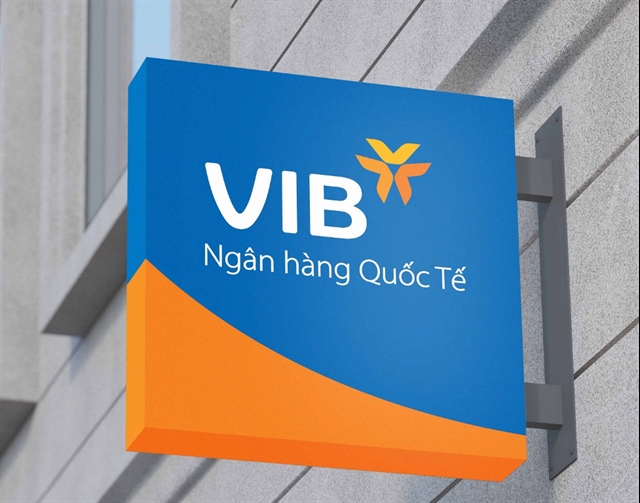
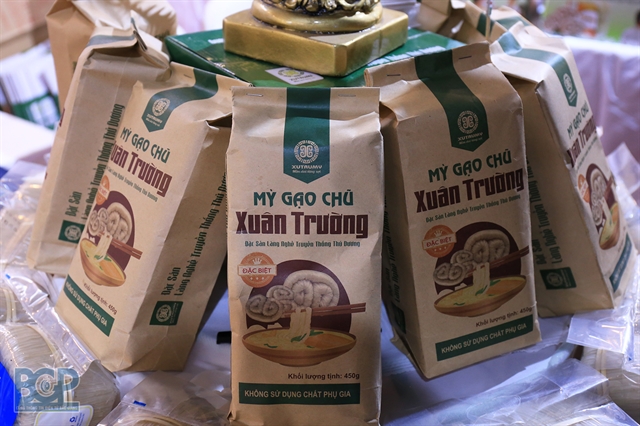
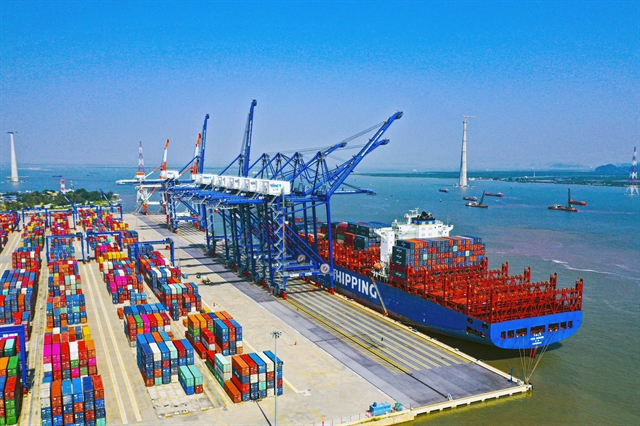
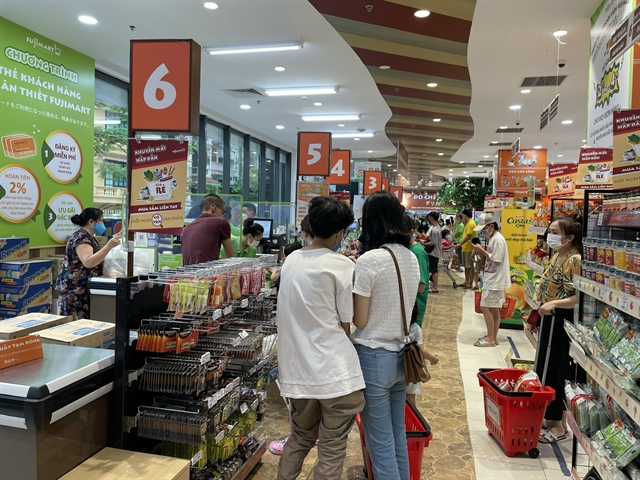

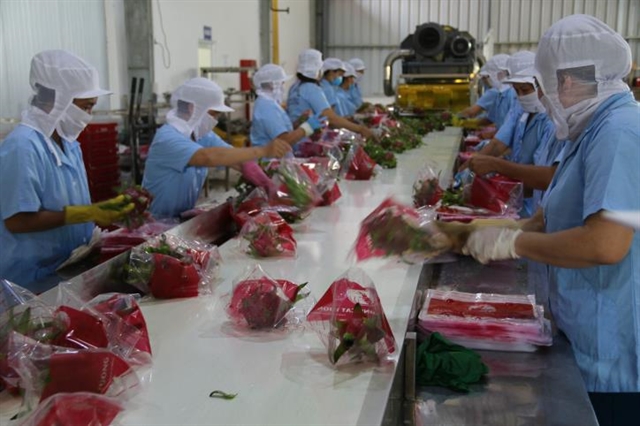
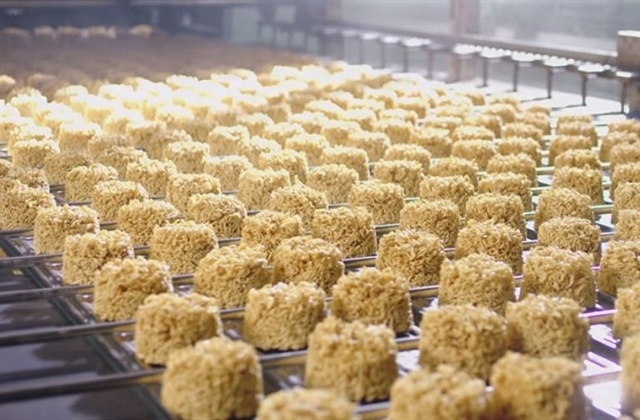
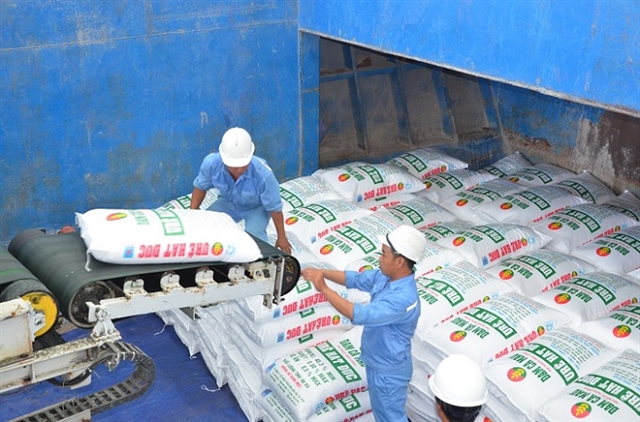
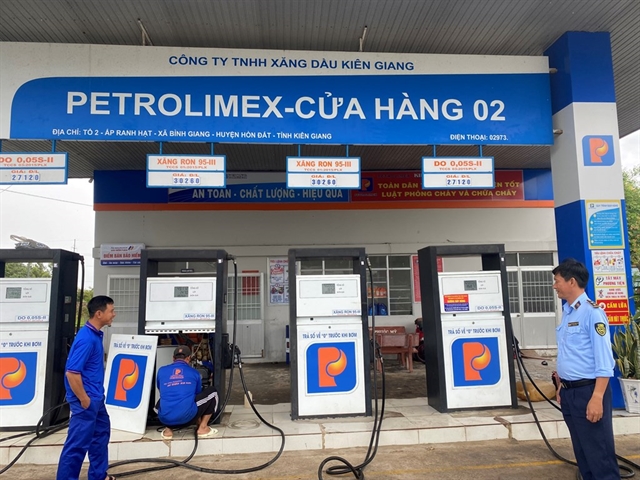



, joined HKCSS management for a group photo.
From left:
Hon Grace CHAN Man-yee, Chief Executive Of HKCSS
Mr. CHAN Tsz Ming, Director, Analysts at Level 1, Department of Social Affairs, Lia)







 TUMI China, Senior Director Julian Yung, Vice President of Asia Pacific and Middle East Aris Maroulis, TUMI Asia-Pacific Brand Ambassador Wei Daxun, TUMI Creative Director Victor Sanz, Executive Vice President and COO of Shanghai Centre Byron Kan (Jian Bailuan), taking part in the ribbon-cutting ceremony.
(Right) TUMI Asia-Pacific Brand Ambassador Wei Daxun at the ne)
 meets with the Director-General of the World Trade Organization, Dr Ngozi Okonjo-Iweala, in Davos, Switzerland)



